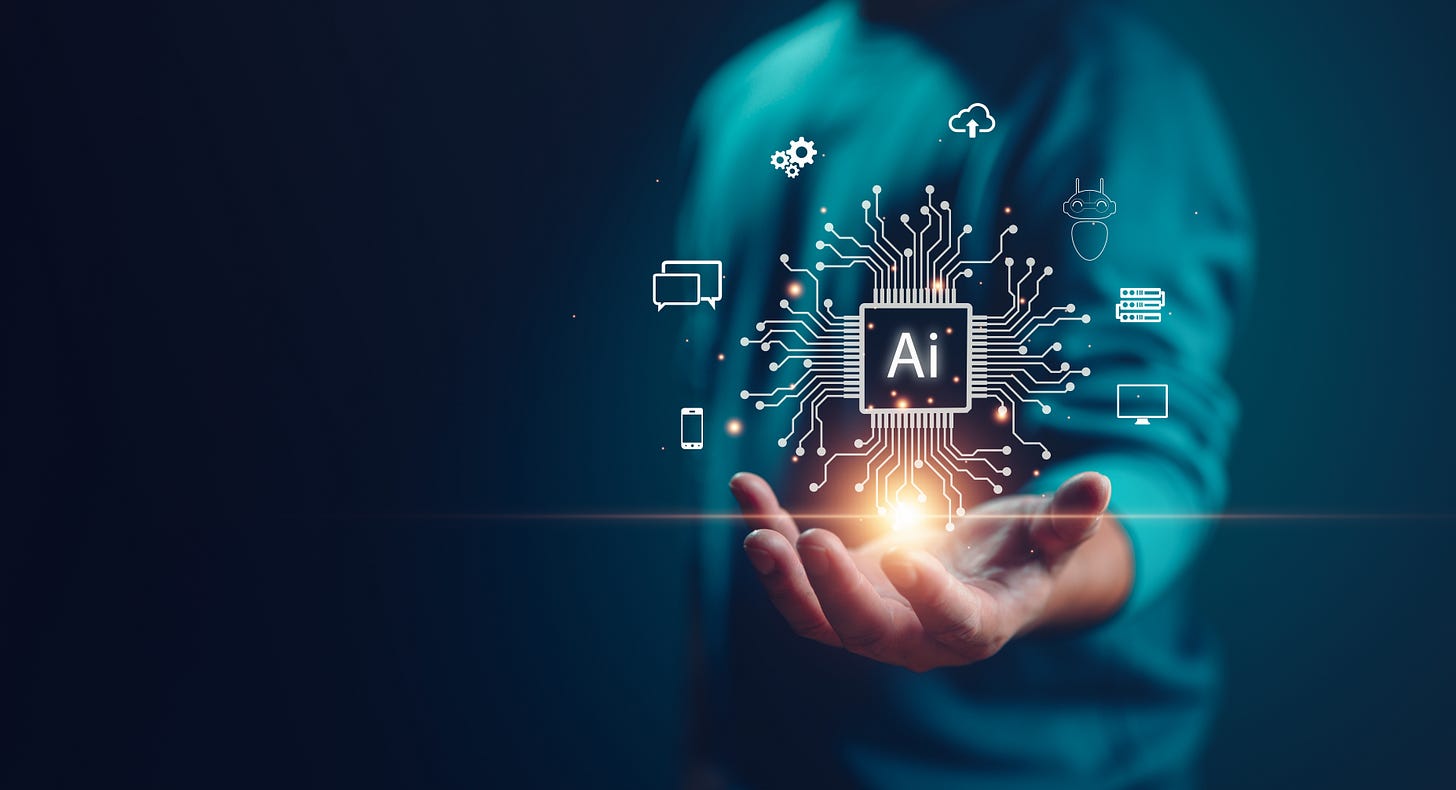Short Review: AI and the Brain
AI's abilities, limitations and similarities to the human brain
AI is ever present in the news. Specifically with the advent of ChatGPT and the amazing abilities of this technology. If you haven’t taken a play around in ChatGPT, I would highly recommend it - it is truly amazing: what it can do, how much information it can extract, and what it can do such as write grammatically and informationally accurate essays on academic topics.
There are so many worries and questions to answer, and many are or have been commented on or written about by many others who are more qualified on the topic than I am, so I won’t approach them here but focus on some research that has recently been published about some fascinating aspects of AI and it’s limitations and strengths. Also what is just as, or more fascinating, is comparisons to the human brain and how these AI technologies work.
But first you may wonder my view of the abilities of Chat GPT?
Mixed, is my answer. Why? You may ask.
At the end of last year I was researching a new psychometric assessment and so posed ChatGPT (version 3.5) some questions on this topic. I promptly received a succinct, well-formed summary of the standard research. Wow! I thought that is amazing and after posing a few more questions, I did immediately thin: “My God, my knowledge is redundant, my job is gone. Chat GPT can do this - that means anybody can just ask it the questions instead of Andy!”
So am I redundant?
No, thankfully, not yet. It took me a bit more time with ChatGPT to work out why. What ChatGPT was doing a great job of was synthesising standard knowledge of a topic and putting this into well formed summaries. That in itself is amazing - truly. But I found that if I wanted to dig deeper to find deeper rationale to the theories I was looking at, or finding lesser known models, then ChatGPT failed me.
In the academic world, as in general life, some theories and models become well known and so there is a lot of information on them. However, sometimes the most insightful research is hidden away and it still requires a human being like me to firstly discover this and also be able to see its relevance, and more importantly to be able to relate this to a different context.
So in the case of personality assessments if I wanted to produce a standard personality assessment ChatGPT would point to the standard models and provide me with a good standard models, but if I wanted something more novel or more insightful and unique, ChatGPT would likely fail me.
So this raises the question of what AI can and can’t do and what are its limitations. Can AI be creative even, surely that is just for us real human beings?
Well, apparently it can be creative according to some research from the middle of last year that reported that AI, ChatGPT scored in the top 1% in a creative thinking test, beating the majority of college students. Oh dear!
AI Beats Most Human Beings on Creativity!
Keep reading with a 7-day free trial
Subscribe to leading brains Review to keep reading this post and get 7 days of free access to the full post archives.




